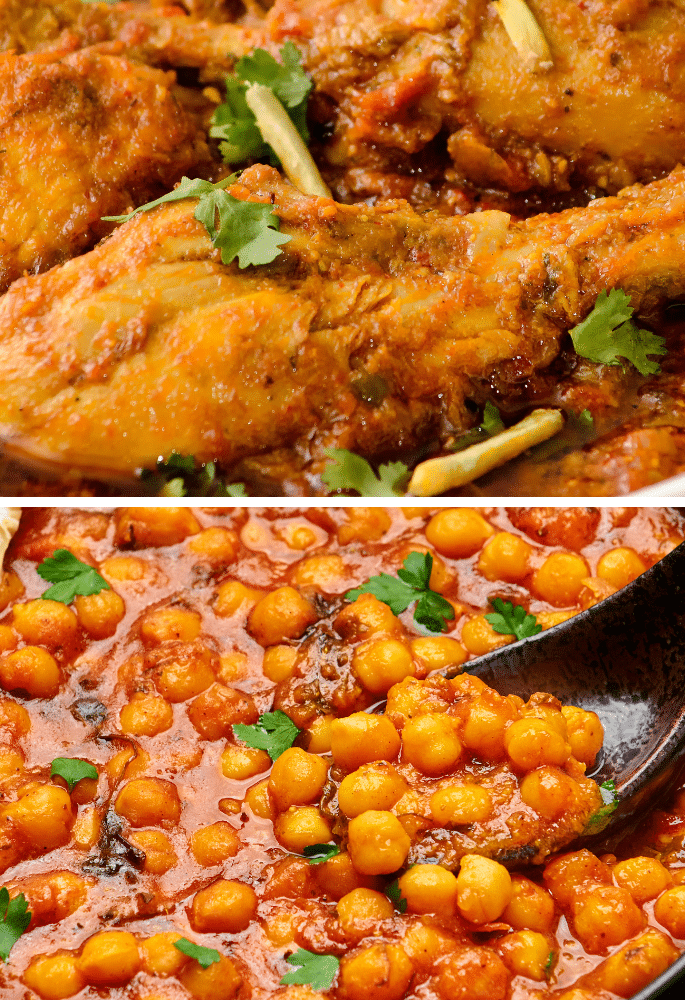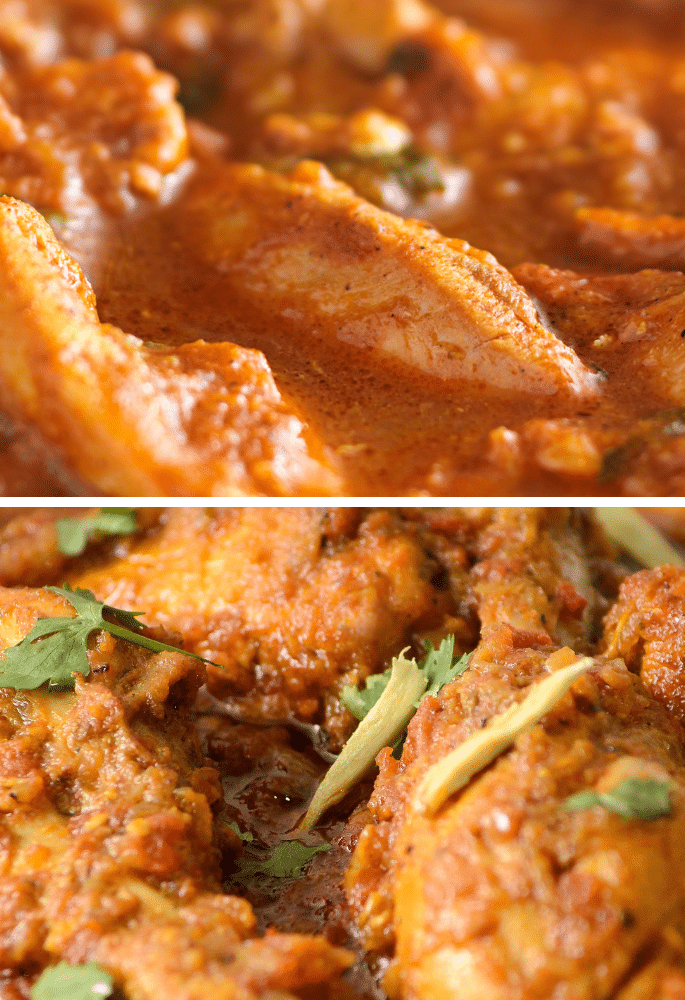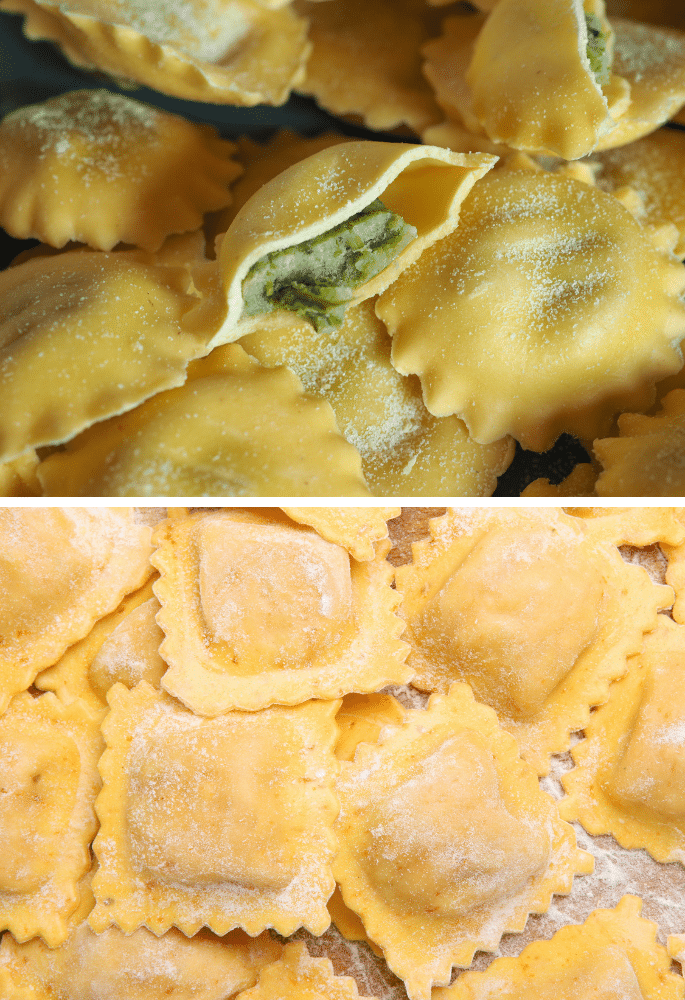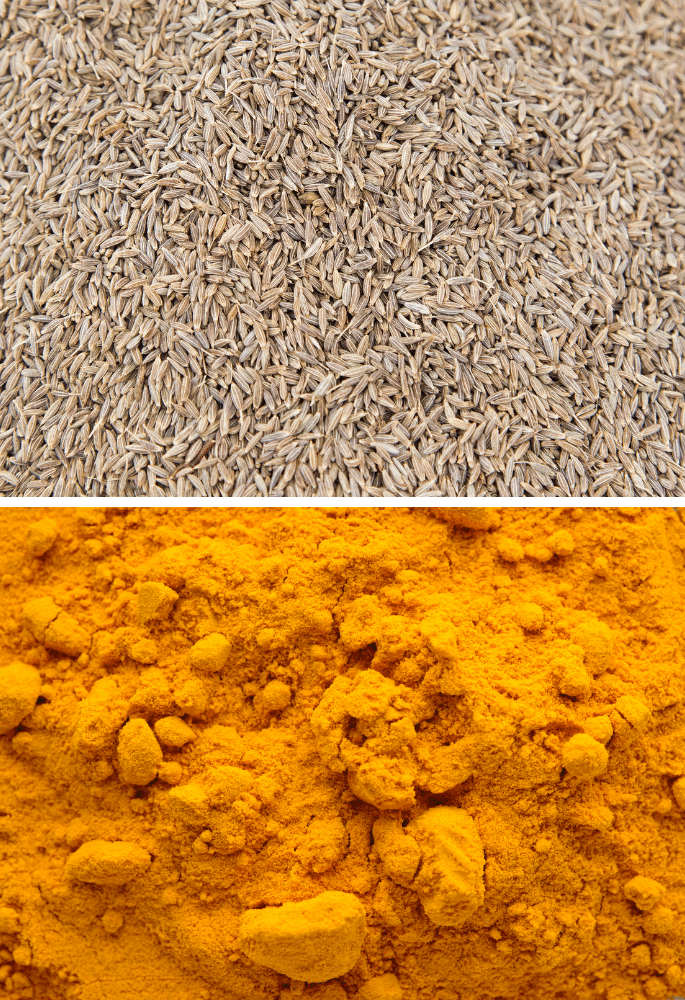Jackfruit has been a hit not just with fruit lovers but also as a meat alternative. Its flesh tenderizes as it matures, resulting in a similar texture to cooked pork.
Jackfruit is much sweeter than any meat it may replace. However, you will pay the price if you pick up the wrong jackfruit at the supermarket. Instead of a succulent, sweet fruit, you will end up with a bitterness that is hard to remove. But why would your jackfruit be bitter?
Like any other fruit, a jackfruit’s flavour evolves as it ripens. Underripe jackfruit has an unpleasant bitter taste, while ripe jackfruit has a sweetness comparable to mango. If you find the taste of your jackfruit to be bitter, then it simply is not ripe enough.
How To Know When Jackfruit Is Ripe
Some fruits seem near impossible to tell when they are ripe, often being a waste of money when you bite into them and cringe at their sour, underripe taste.
Luckily jackfruit has a couple of tell-tale signs to let you know when they are perfectly ripe, saving you from the bitterness of underripe jackfruit. For example:
Sound
Similarly to watermelon, jackfruit will produce a hollow sound when it is ripe. Just tap the body of the fruit gently, and if it sounds empty, that is a good sign that the jackfruit is mature enough to eat.
You want your jackfruit to be as mature as possible, as the fruit gets sweeter the older it gets. A jackfruit that produces a dense sound will still be too young and bitter.
Colour
Another way to check if jackfruit is ripe enough to have a bitter taste no longer is by simply evaluating its exterior colour. Like any other fruit, jackfruit physically changes as it grows and matures, the most noticeable change being its colour.
There are three colour stages of a jackfruit.
A young jackfruit will have more of a green hue. Jackfruit that has just started to mature will start to darken until it reaches a beautiful golden colour. This is when the jackfruit will be at its sweetest and ripest.
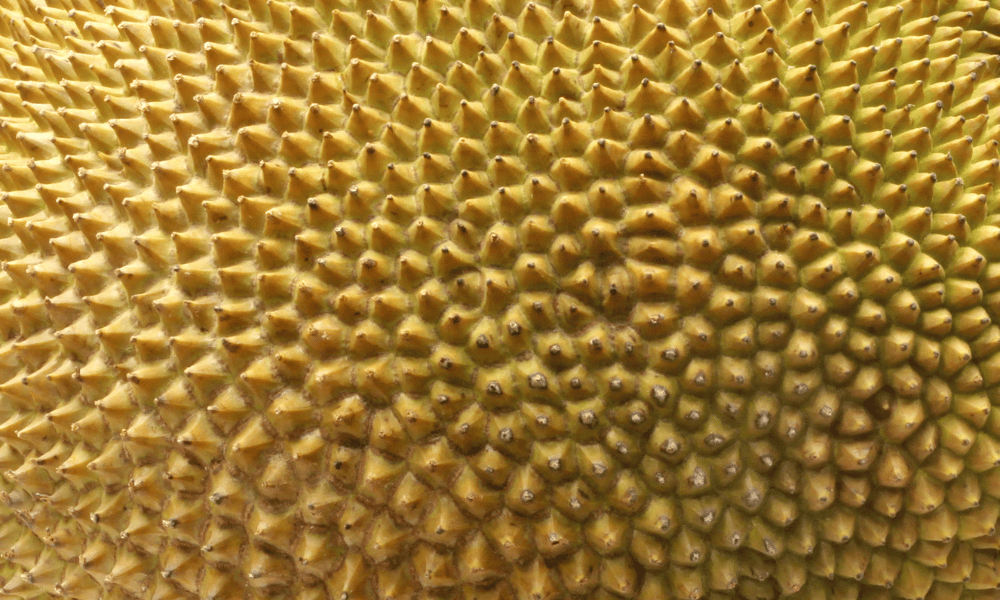
Touch
If you are still unsure about the ripeness of your jackfruit, you can always squeeze the fruit gently to see how soft it is. The inside of a jackfruit becomes wonderfully tender as it ripens, so the softer the more likely it is to be sweet and ripe.
Do not be put off by the rough and spikey texture of the jackfruit’s exterior. So long as you are careful enough, the spikes will not hurt your hand.
How To Properly Cook Jackfruit
When you use an underripe jackfruit, you will undoubtedly have some of the fruit’s bitterness in your dish, no matter how you cook it.
On the other hand, you may pick a perfectly ripe one only to have it taste bitter anyway. This is less to do with the jackfruit itself and more with how you cook the jackfruit. Here is how you should adequately cook your jackfruit to avoid bitterness:
- Drain
Canned jackfruit needs to be drained before it can be cooked. - Wash
No matter what jackfruit you use, rinse the fruit under warm water to wash away any leftover syrup, brine or dirt. - Dry
For the best texture, pat down your jackfruit once you have washed it to dry it off. The dryer you can get your jackfruit at this stage, the better it will cook. - Shred
Use two forks to shred the jackfruit before you cook it. This will ensure that the fruit cooks evenly and there will be no bitter, undercooked spots.
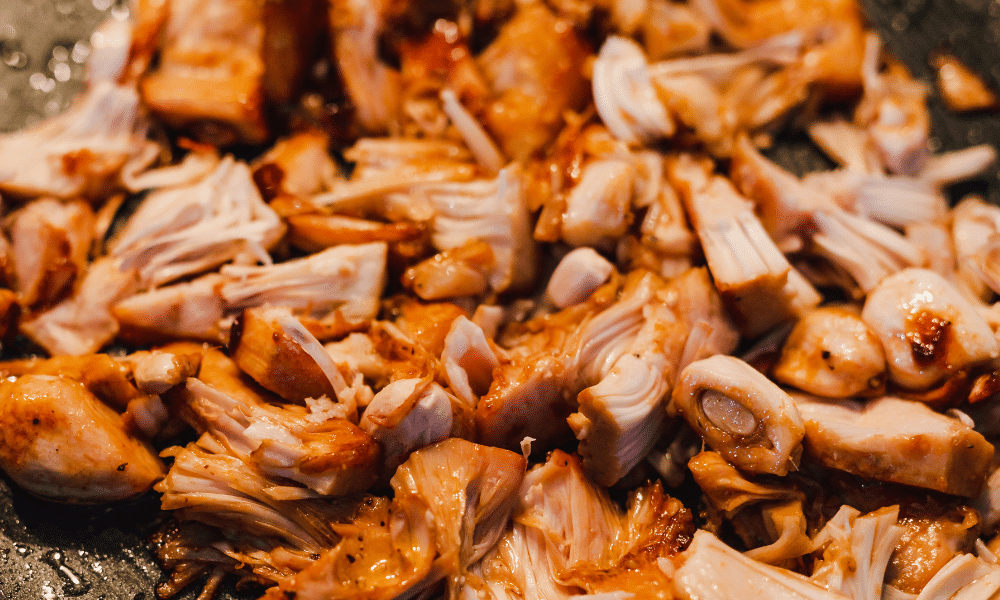
- Add Flavour
Now you can add any flavour you like to your jackfruit. If your jackfruit is still a little underripe, add some sweetener to balance the bitterness and incorporate that sweetness into the rest of your meal. - Cook
All that’s left to do is cook your jackfruit. To prevent bitterness in your jackfruit, cook it for at least 20 minutes. Any less, and you risk undercooking the fruit.
Why Does My Canned Jackfruit Taste Odd?
Some people describe their jackfruit as having an odd taste that is not necessarily bitter but indeed not pleasant. The chances are that these people are using brined canned jackfruit, which is preserved in a syrup and water based brine.
Not all canned jackfruit is sold in brine, many manufacturers prefer to sell their canned jackfruit in plain water. However, brined canned jackfruit is the most popular choice of canned jackfruit as the syrup brine better preserves the meaty texture of the fruit itself.
Of course, some of this saltiness should be expected to carry over into the jackfruit’s flavour, like most brined products, but it should not leave your jackfruit tasting drastically different.
If you use brined canned jackfruit and find the flavour to be odd then there is a high chance that you have not rinsed the fruit thoroughly enough before using it.
As the brine used is a syrup, it sticks to the jackfruit and can take several rinses to properly remove all of the syrup from the fruit.
You may find it helpful to rinse brined canned jackfruit both as soon as you have taken it out of the can and after you have shredded it. This will ensure that all of the odd-tasting syrup is washed away, leaving just the natural and delicious taste of the fruit.
Bitter Jackfruit FAQs
If you have more questions about bitter jackfruit, then these FAQs might provide you with some answers:
Ultimately jackfruit is a fruit and should therefore have a sweet flavour. If jackfruit is bitter, this suggests it is not quite ripe enough to eat.
If you have left jackfruit too long and it has overripened then it will have a sickly sweet flavour that is a cross bit a sweet apple and bananas.
Acacia may be a freelance writer by day, but they are a food fanatic by night. They are always trying out new recipes or finding different ways to elevate classical dishes. But their biggest culinary aim is to educate others on the basics of the kitchen so that they too can enjoy delicious food.


